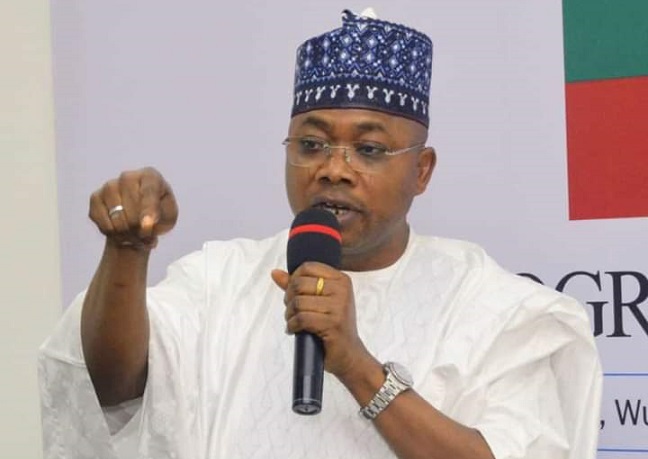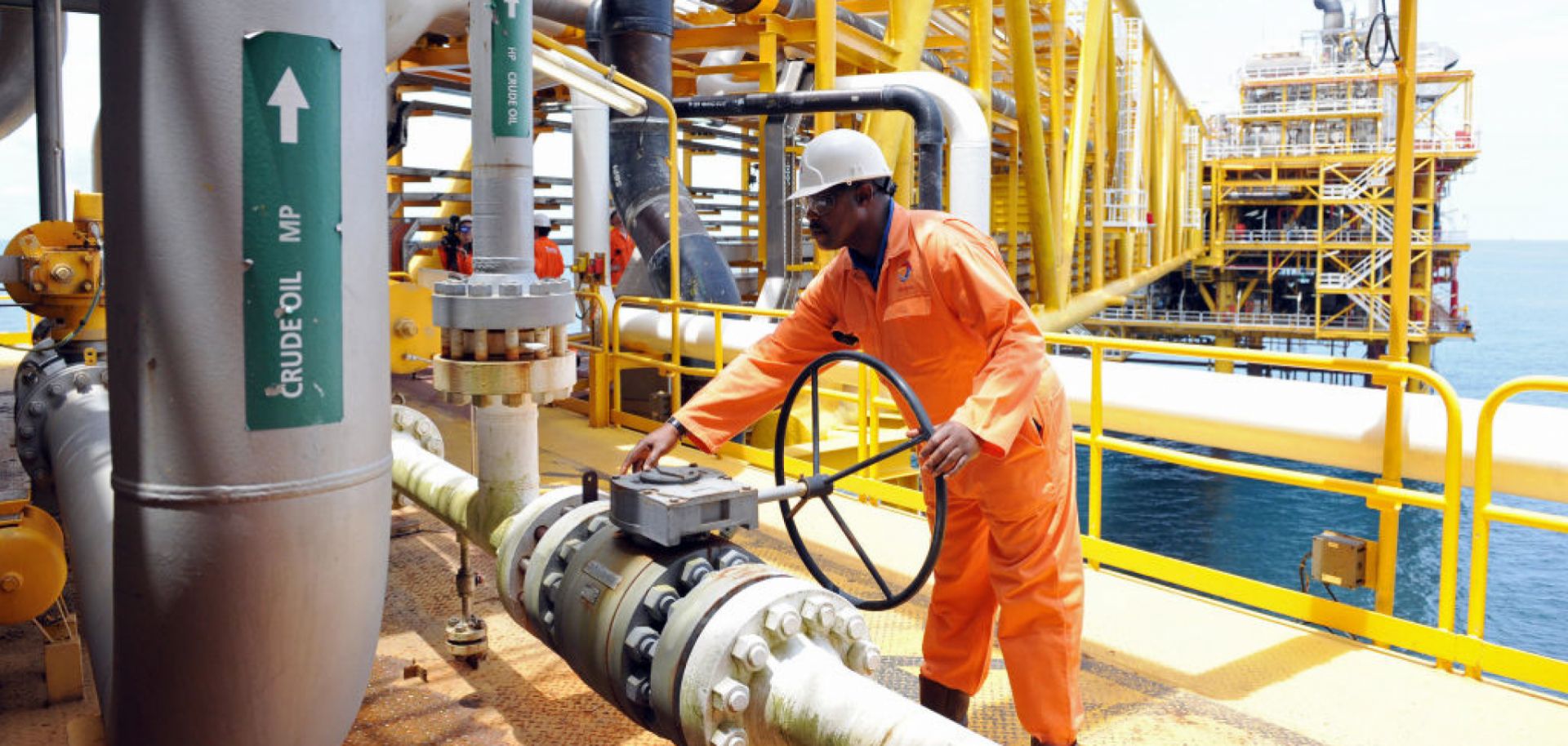Foreign investment into the biggest economy in Africa fell by $18.6 billion over the course of four years (2019–2022).
According to The Punch, eight of the federation’s states failed to draw any foreign investment during the reporting period.
Taraba, Yobe, Zamfara, Bayelsa, Ebonyi, Gombe, Jigawa, and Kebbi are the impacted states.
When money enters an economy from outside sources, it is referred to as foreign investment. This money may be in the form of direct capital investments, equity, cash, or goods.
The National Bureau of Statistics reports that Nigeria attracted $23.9 billion in foreign investments in 2019.
The amount decreased to $9.6 billion by 2020. It fell once more in 2021 to $6.7 billion and once more in 2022 to $5.3 billion. This suggests a reduction of $18.6 billion over the four-year period.
The most populated black country in Africa made around $46 billion during those four years, though.
Lagos State came in first with the greatest foreign investments ($35.4 billion), followed by Federal Capital Territory ($10 billion).
Additional data analysis revealed that most of the states that underperformed in luring foreign investment were located in the Northeast political region.
In the North-East, an area already plagued by poverty and poor socio-economic outcomes, the ten-year fundamentalist insurgency led by Boko Haram and its offspring has killed almost 350,000 people, forced the displacement of over three million people, and devastated public infrastructure.
In an interview with The Punch, a professor of economics at the University of Uyo, Akpan Ekpo, blamed Nigeria’s macroeconomic conditions for the potential causes of the country’s dropping investment levels.
Ekpo characterized foreign investments as crisis-shy and pointed to the region’s ongoing insecurity dilemma as the cause of the zero investment inflow reported by the majority of Northeastern states.
“The states didn’t draw any investments for obvious reasons, when your location lacks security, there is no way you can draw in international investment. They won’t show up,” according to Ekpo.
The deputy president of the Lagos Chamber of Commerce, Gabriel Idahosa, blamed the responsibility on Nigeria’s post-military constitution, which stripped the regions of the ability to control their own economic destiny.
Idahosa’s argument was based on the fact that the regions had political and economic autonomy before the 1966 coup, which led to the military government of the late Aguiyi Ironsi, as opposed to the strict federal structure of governance that exists today and ensures monthly federal allocations to states.
According to a United Nations assessment, Nigeria is the African nation that has experienced the greatest economic losses due to terrorist actions, including lost investments.
According to the report, 94%, or US$103 billion, of all the money lost to terrorism in Africa since 2007 can be attributed to Nigeria, Mali, Somalia, and Libya.
The analysis indicated that among the 18 focal nations, Nigeria experienced the most severe economic effects of terrorism, with 89% of the total US$109 billion cost incurred during the ten-year period.
Nigeria’s economic cost of terrorism, at US$97 billion, was more than 22,000 times larger than Burkina Faso’s, which had the lowest overall absolute economic cost among the 18 focal countries.
Additionally, Nigeria’s impact is nearly 19 times bigger than Libya’s, which has seen the second-highest cost of terrorism over the past ten years.











